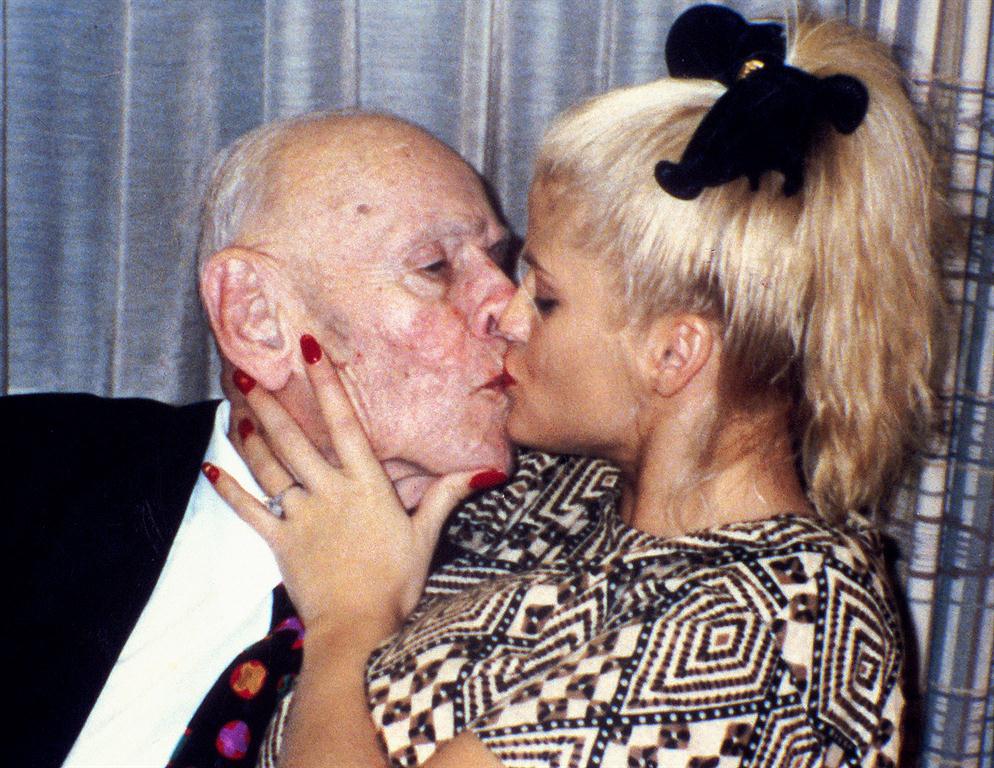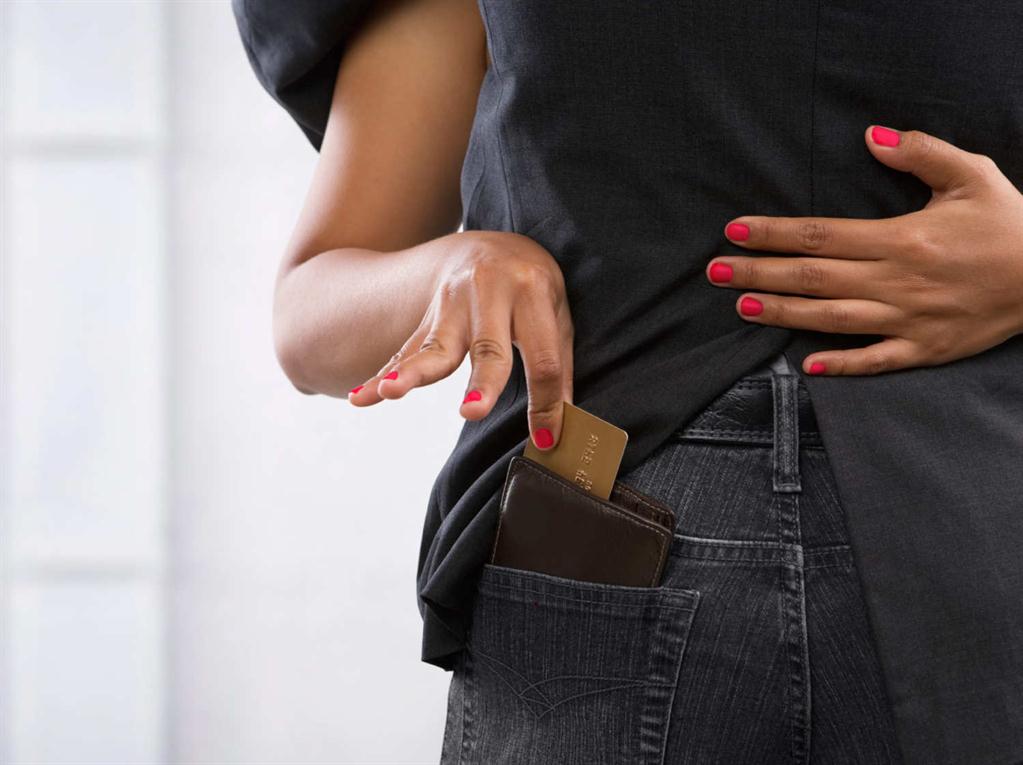The thing about blessers
The culture of 'blessers' and 'sugar daddies' is omnipresent, both here and elsewhere as bling, greed and poverty drive the practice.
Recent research by reviews.org, focusing on trends on Google searches indicates that the highest search volume in South Africa are for 'sugar daddy' sites. The research was based on trends in 112 countries and looks at the most 'indulgent' sites searched for.
This may be due to the current economics in the region and world at large and some say that most seem to be looking for relationships where there is monetary benefit.
Namibia appears to be no different.
While the terms 'blesser' and 'sugar daddy' are thrown around in slay queen conversations, concerns are raised about the health risks and the general dangers that come with what some refer to as 'glorified' prostitute behaviour.
The image of the traditional sugar daddy has changed from middle-aged men wearing Omega sandals, half open shirts with a golden chain dancing on the top of their bulging kapundas, to sleek tenderpreneurs in either Louis Vuitton suits or designer tracksuits driving either a black G-wagon or the latest BMW SUV.
Social commentator Ngamane Karuaihe-Upi, also known as Uncle G, in an interview with tjil said that we have damaged societies and this is caused by capitalism. He says society is teaching the youth to get what they want even if it means taking a short cut due to lack of social safety nets.
“If Namibia is to become serious about changing the situation, we will have to have decent free education, healthcare and housing, because if we have all of that, what young person will sleep withan old man for the same things?” he questioned.
A local 'blessee' or 'sugar baby' spoke to tjil on condition of anonymity. She said she has no choice because her parents are very poor and cannot pay her tuitione fees. Her loan application was also not approved she had to find a different way of breaking the poverty cycle.
“I know it is scary and dangerous but the money is worth it. They make you do things and all you can do is cry yourself to sleep, but at least your tuition fees are paid. Many of them understand that I'm doing it for school so when I stress on safety, they go with it,” she said.
The dominating perception is that poverty is driving the 'blesser' culture yet in many cases,this is not true. One girl, who identified herself as Queen, comes from a well-off family but her family's money is not enough for her.
“I like looking and smelling good and being the centre of attention. These men want to give you money because you are beautiful, so why not take it? People know that I have blessers, it's an open secret but it's my business. I live in an apartment where I don't pay rent because they pay for me. Life is good for me, I do medical check-ups every two months and I'm on the pill. We use protection but only sometimes. They pay more when there is no protection.”
Slay queens are identified as young ladies who drive expensive cars, live in certain apartment blocks and wear only imported clothing and shoes. This notion was however denied by Namibian socialites Maria Nepembe and Dillish Mathews who are usually on the controversial side of such habits.
Many believe they are sugar babies.
The two stars said that they have never received any financial assistance from men in exchange for money and that a woman at the end of the day, has the right to fall in love with whomever they want.
“You can never do well and having your own thing going on without people assuming that there's a blesser behind it. It's always women, this women that. How do you know that women aren't the ones blessing men? We are all equipped to work hard and earn our own money,” said Nepembe.
“Women shouldn't engage themselves in relationships that can turn out to be dangerous and unhealthy just for a little slayage, but you are entitled to love whom you want, it's your prerogative. Everyone is going through the economic crisis, it doesn't exempt men. Run your own race,” said Mathews.
Human rights activist Rosa Namises expressed her empathy with girls that are in unloving, cold and exploitative conditions. She recalls sex work being something that was done secretly but now it is being practised at “bus stops in the neighbourhood” and in the open. Namises says this is young girls looking for love and they do this because nobody tells them what is right or wrong. She further said that these girls are at risk in terms of sex as not all of them have the power to demand protection or to even get their money.
“Having girls that are in such relationships tells a story about our society. It means we have abandoned our children instead of guiding them and being there for them. Sleeping with sugar daddies is also sex work. I am hopeful and I'm doing the little I can but it is not enough and we all have a role to play. We need to go back to culture and see how things were done,” she said.
June Shimuoshili
This may be due to the current economics in the region and world at large and some say that most seem to be looking for relationships where there is monetary benefit.
Namibia appears to be no different.
While the terms 'blesser' and 'sugar daddy' are thrown around in slay queen conversations, concerns are raised about the health risks and the general dangers that come with what some refer to as 'glorified' prostitute behaviour.
The image of the traditional sugar daddy has changed from middle-aged men wearing Omega sandals, half open shirts with a golden chain dancing on the top of their bulging kapundas, to sleek tenderpreneurs in either Louis Vuitton suits or designer tracksuits driving either a black G-wagon or the latest BMW SUV.
Social commentator Ngamane Karuaihe-Upi, also known as Uncle G, in an interview with tjil said that we have damaged societies and this is caused by capitalism. He says society is teaching the youth to get what they want even if it means taking a short cut due to lack of social safety nets.
“If Namibia is to become serious about changing the situation, we will have to have decent free education, healthcare and housing, because if we have all of that, what young person will sleep withan old man for the same things?” he questioned.
A local 'blessee' or 'sugar baby' spoke to tjil on condition of anonymity. She said she has no choice because her parents are very poor and cannot pay her tuitione fees. Her loan application was also not approved she had to find a different way of breaking the poverty cycle.
“I know it is scary and dangerous but the money is worth it. They make you do things and all you can do is cry yourself to sleep, but at least your tuition fees are paid. Many of them understand that I'm doing it for school so when I stress on safety, they go with it,” she said.
The dominating perception is that poverty is driving the 'blesser' culture yet in many cases,this is not true. One girl, who identified herself as Queen, comes from a well-off family but her family's money is not enough for her.
“I like looking and smelling good and being the centre of attention. These men want to give you money because you are beautiful, so why not take it? People know that I have blessers, it's an open secret but it's my business. I live in an apartment where I don't pay rent because they pay for me. Life is good for me, I do medical check-ups every two months and I'm on the pill. We use protection but only sometimes. They pay more when there is no protection.”
Slay queens are identified as young ladies who drive expensive cars, live in certain apartment blocks and wear only imported clothing and shoes. This notion was however denied by Namibian socialites Maria Nepembe and Dillish Mathews who are usually on the controversial side of such habits.
Many believe they are sugar babies.
The two stars said that they have never received any financial assistance from men in exchange for money and that a woman at the end of the day, has the right to fall in love with whomever they want.
“You can never do well and having your own thing going on without people assuming that there's a blesser behind it. It's always women, this women that. How do you know that women aren't the ones blessing men? We are all equipped to work hard and earn our own money,” said Nepembe.
“Women shouldn't engage themselves in relationships that can turn out to be dangerous and unhealthy just for a little slayage, but you are entitled to love whom you want, it's your prerogative. Everyone is going through the economic crisis, it doesn't exempt men. Run your own race,” said Mathews.
Human rights activist Rosa Namises expressed her empathy with girls that are in unloving, cold and exploitative conditions. She recalls sex work being something that was done secretly but now it is being practised at “bus stops in the neighbourhood” and in the open. Namises says this is young girls looking for love and they do this because nobody tells them what is right or wrong. She further said that these girls are at risk in terms of sex as not all of them have the power to demand protection or to even get their money.
“Having girls that are in such relationships tells a story about our society. It means we have abandoned our children instead of guiding them and being there for them. Sleeping with sugar daddies is also sex work. I am hopeful and I'm doing the little I can but it is not enough and we all have a role to play. We need to go back to culture and see how things were done,” she said.
June Shimuoshili







Comments
Namibian Sun
No comments have been left on this article